June 1, 2020: Fishin Like Flynn – on the Ranger
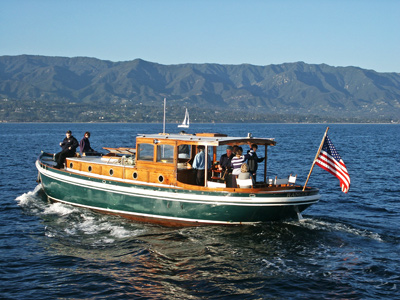
History of the Tuna Club of Avalon
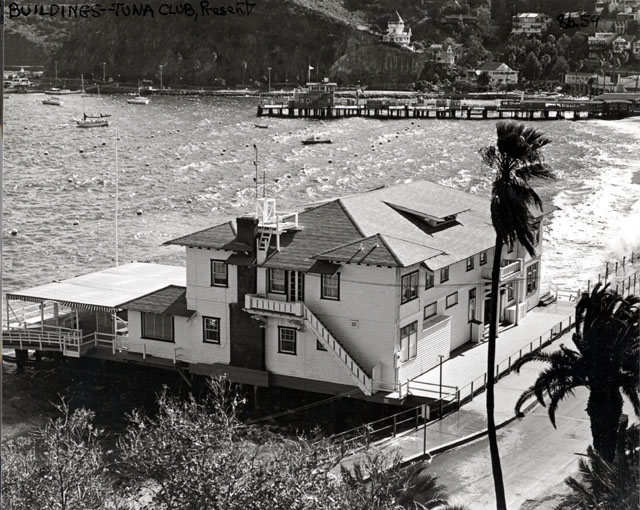
Here’s a wonderful 1938 Catalina Travelogue, featuring fishing as Flynn would have fished. (~ Fishing segment is from ~ 15:20 to 18:20)
— Tim
June 1, 2020: Fishin Like Flynn – on the Ranger

History of the Tuna Club of Avalon

Here’s a wonderful 1938 Catalina Travelogue, featuring fishing as Flynn would have fished. (~ Fishing segment is from ~ 15:20 to 18:20)
— Tim
June 1, 1939
Louella O. Parsons
Los Angeles Examiner
Hadn’t been back but a few minutes when I heard that Jack Warner plans a Westward trek serialization with Mark Hellinger, the well-know Hearst writer, making his debut as a producers, and Michael Curtiz directing. Dodge City, which brought in the shekels, gave Warners the notion. Errol Flynn, Olivia de Havilland, and Ann Sheridan, will star in Tombstone, laid in 1881, starting with the line in Dodge City, let’s go to Virginia City.” That name cannot be used because of the RKO movie. After Tombstone, City of Angels, a history of early Los Angeles in 1889, will be made with same cast and director.
…
Well, as we Flynnmates know, Tombstone was never made with Flynn, Olivia, or Annie. Nor was City of Angels. Virginia City was made, but not with Mark Hellinger producing. Hellinger, an extremely popular and successful show business figure, known not only for his great writing talent but also for his loyalty and fairness, got fed up and left Warner Bros. in response to Jack Warner’s egomaniacal habit of not giving proper production credit to others. (JW infamously did the same to Hal Wallis over the Oscar for Casablanca.) Hellinger did return, however, to produce his wartime baby inspired by MGM’s first musical (and part Technicolor production,) Broadway Melody of 1929,Thank Your Lucky Stars. So, Hellinger did finally get to produce a film with Errol, Olivia, and Annie, though certainly not how he had originally envisioned. Moreover, he got to act in the film himself, as can be seen in the clip below, in full from ~ 0:50 to 1:50. That’s him with Eddie Cantor.
…
…
Here’s Mark Hellinger with Errol’s Man Friday, Alex Pavlenko, at Mulholland Farm’s legendary bar. This photo is from the Deirdre Flynn Collection. A better image of this can be seen in Robert Matsen’s Errol Flynn Slept Here. Thank you, Deirdre.
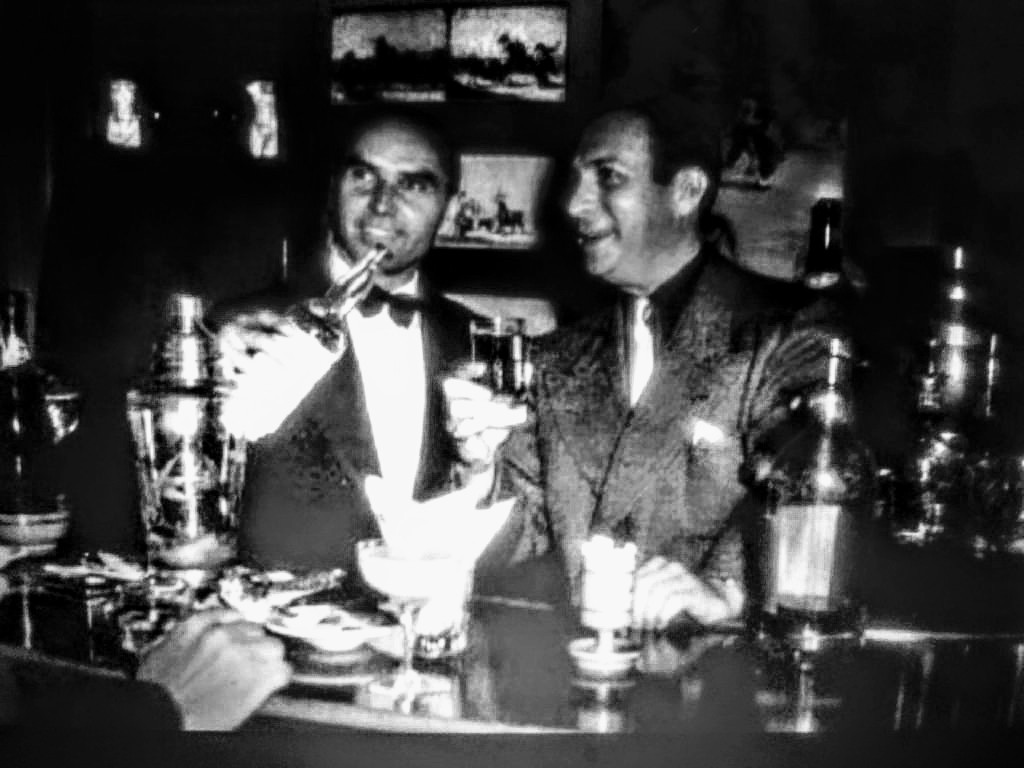
— Tim

T minus 22
Today is 22 days till the Errol Flynn Global Toast on June 20, 2020, the 111th Anniversary of Errol’s birth.
For all those lookin’ to drink like Flynn for this event, here is a post that details dozens of liquid refreshments Errol is known to have enjoyed at various locations throughout his life, around the globe.
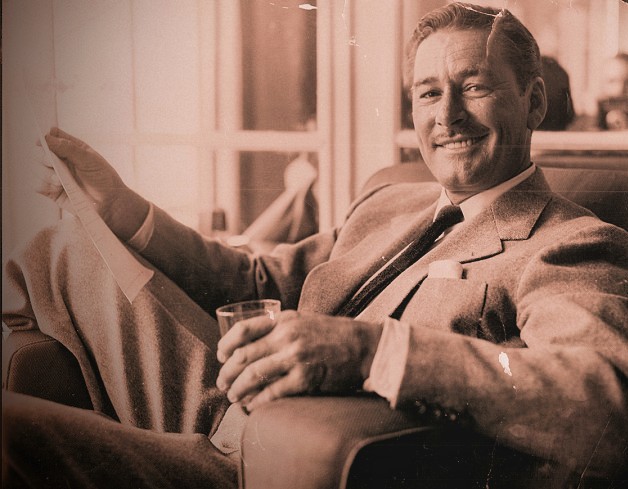
T minus 33
Please remember that we are also toasting Olivia d’s birthday on July 1st, her number 104! Olivia herself toasts Errol every year on his birthday with champagne at her home in Paris. So, you may find champagne or French wine apropos on her birthday. But, again, please toast with anything you wish – from Tang to Tangueray – or even, perhaps, some Sake from her birthplace in Tokyo!
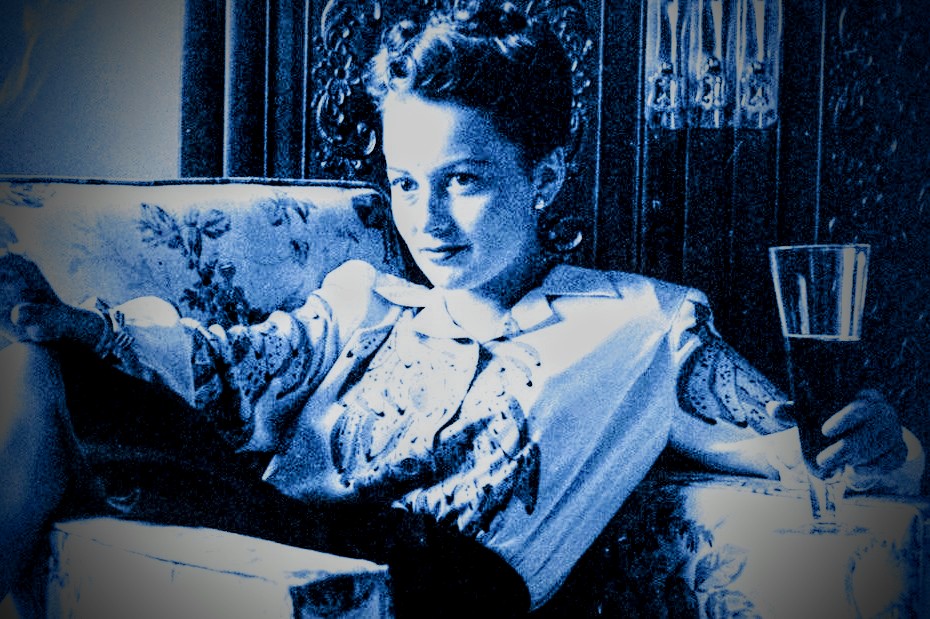
— Tim
He was in love with a famous swinger …
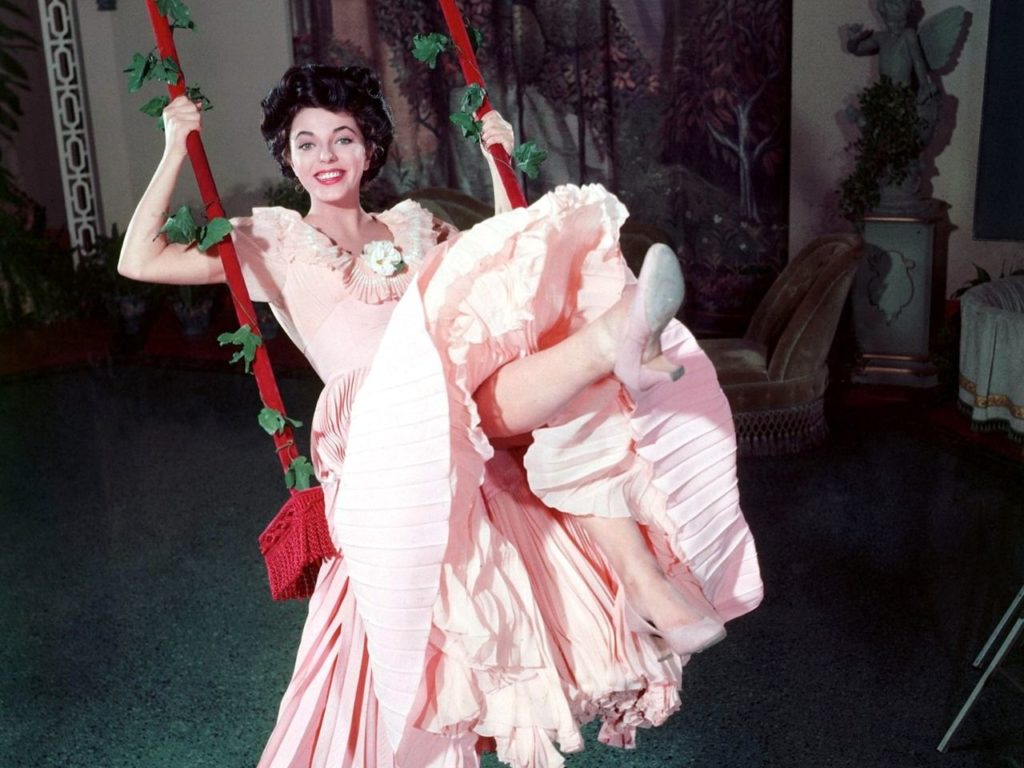
There was a lot of drinking and skullduggery involved …
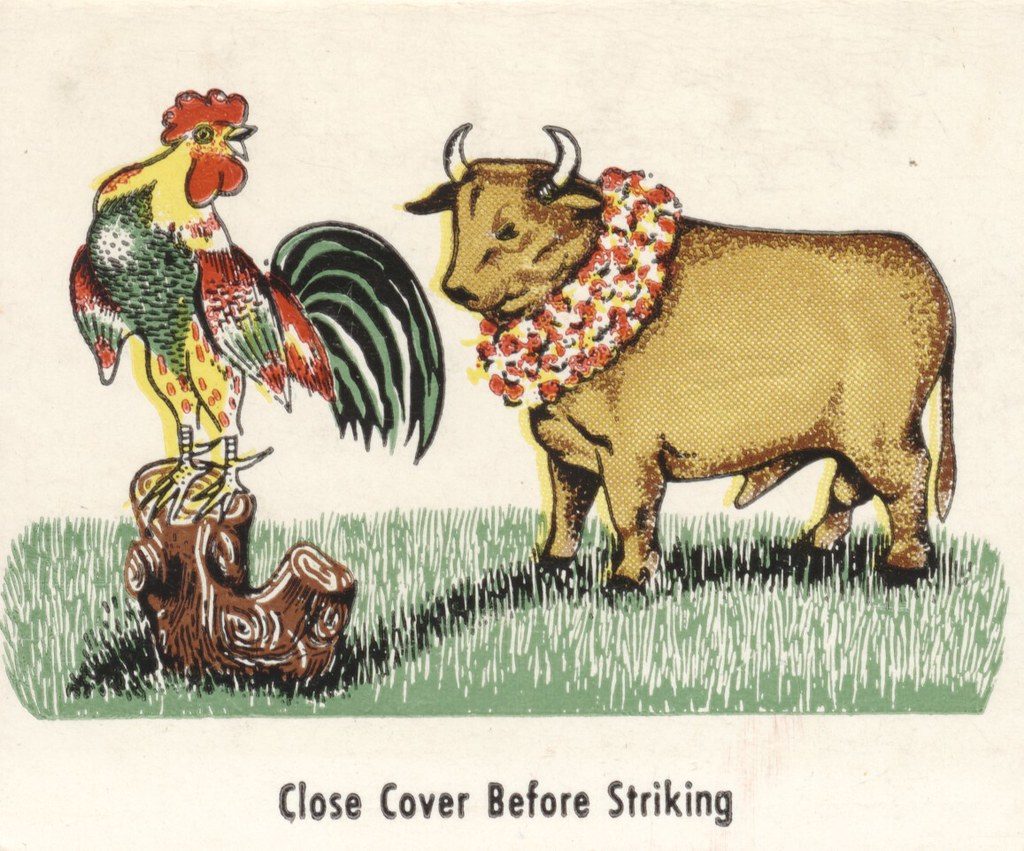
And some weekend fun up at the Farm …
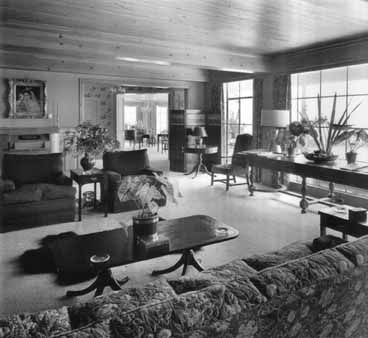
Alas, but not least, you know him well
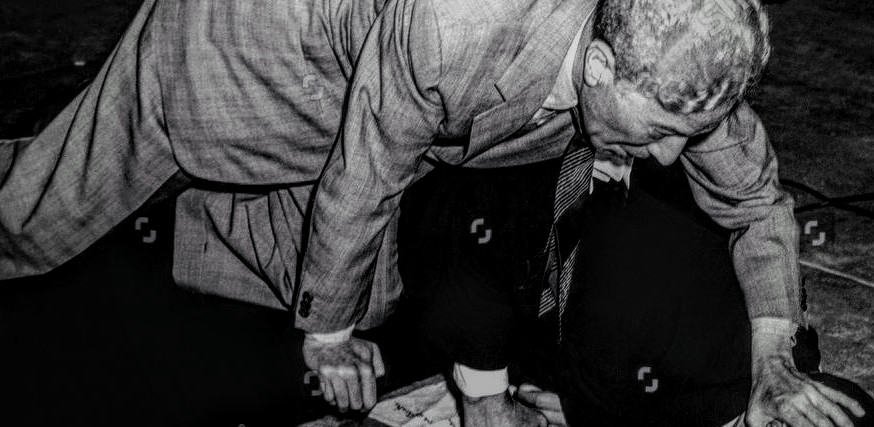
— Tim
People:
Ideas
Errol Flynn, well-known Hollywood yachtsman, had a new idea about boats, considered converting a sloop into a floating aquarium.
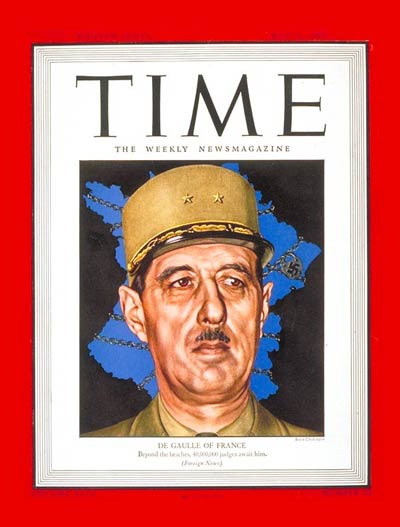
— Tim
Million dollar question
We know that Sara Hamilton Photoplay culumnist was a friend of Errol. But do we know more? A photo of her? Age. When did she pass?
— Selene Hutchison-Zuffi